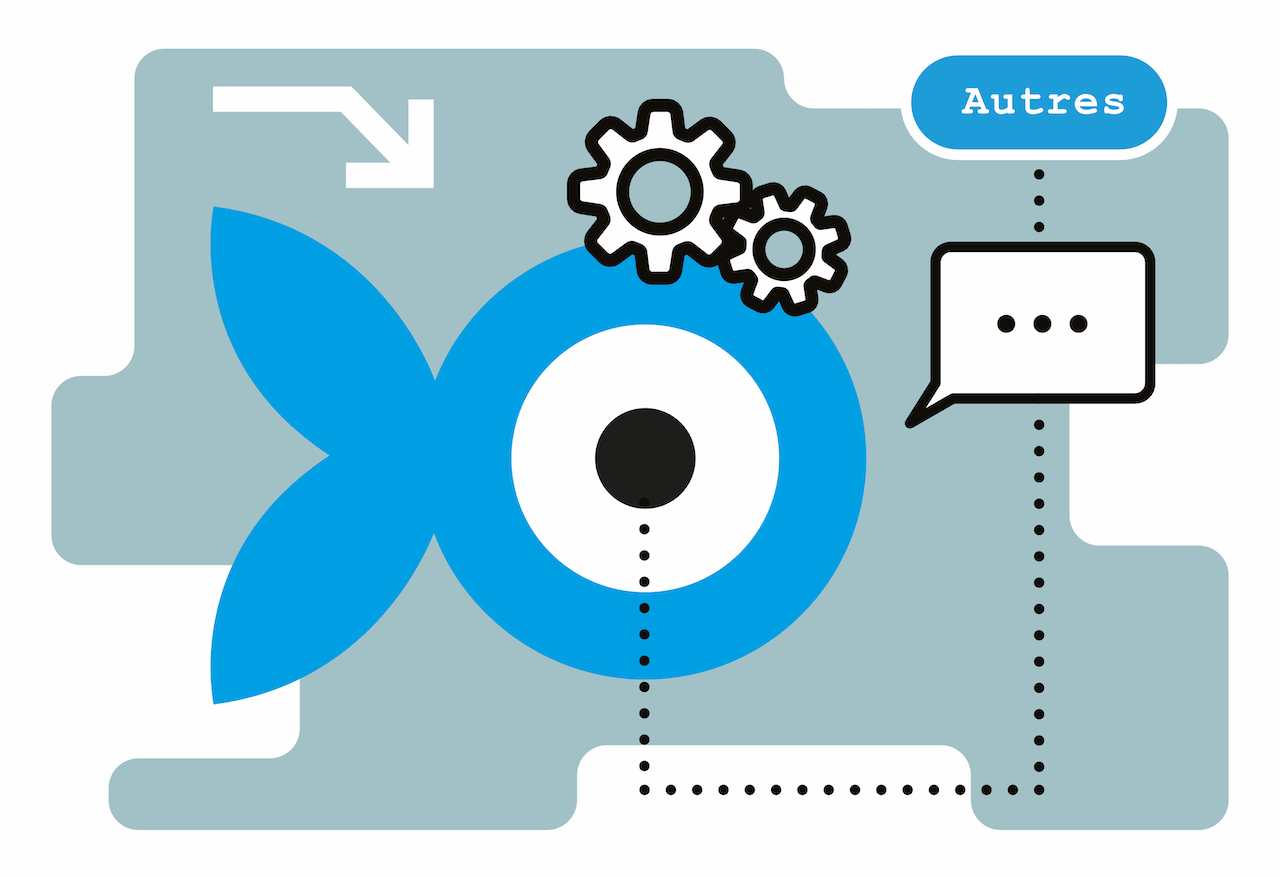Relevance of holistic anthropology in the understanding of the transition toward urbanisation: a biocultural adaptation Pertinence de l’anthropologie holistique dans la compréhension du phénomène de transition vers l’urbanisation : une adaptation bioculturelle
Fiche du document
21 novembre 2022
- ISIDORE Id: 10670/1.0b6574...
- tel: tel-04012555
info:eu-repo/semantics/OpenAccess
Sujets proches
Published materialCiter ce document
Emmanuel Cohen, « Pertinence de l’anthropologie holistique dans la compréhension du phénomène de transition vers l’urbanisation : une adaptation bioculturelle », HAL SHS (Sciences de l’Homme et de la Société), ID : 10670/1.0b6574...
Métriques
Partage / Export
Résumé
En tant qu’anthropologue bioculturel ayant construit son parcours universitaire interdisciplinaire en France, j’ai bénéficié d’une expérience postdoctorale d’envergue à l’international (SCHAAR, Royaume-Uni ; DPHRU, Afrique du Sud) et aussi en France (UMR 7206, IRL 3189, UMR 7178) s’inscrivant dans la continuité de mon projet doctoralportant sur le rôle de l’urbanisation au Sénégal dans les transformations biologiques obésogènes du corps et ses conceptions socioculturelles « obésophobes ». Une telle approche originale au carrefour de différentes disciplines pour rendre compte de dimensions quotidiennes intrinsèquement bioculturelles comme les régimes alimentaires, les pratiques sexuelles ou encore le développement des maladies, m’a permis de devenir chargé derecherche au CNRS en 2019 par le biais de la commission interdisciplinaire 52. Le coeur de ma réflexion porte sur une compréhension holistique – bioculturelle – du corps humain en interaction avec les milieux socio-écologiques qui l’environnent et agissent sur lui.Une telle tentative d’appréhension de l’homme par l’entièreté de sa réalité – son corps – laisse envisager la promotion de son bien-être. Ainsi, je travaille principalement depuis le début de mon parcours de manière interdisciplinaire sur les déterminants bioculturels et le vécu psychosocial du poids corporel – par l’étude du régime alimentaire, des perceptions du corps et des pratiques d’activité physique – dans un contexte environnemental d'urbanisation chez les migrants et leurs descendants en Afrique et en Europe.J’ai réalisé une cinquantaine de publications d’envergure, rédigées dans des formats de publications très variés, des articles dans des journaux internationaux à « impact factor » à l’ouvrage individuel en langue française. J’ai aussi conduit plusieurs projets de recherche en collaboration avec des partenaires complémentaires de confiance basés en Europe, en Afrique et en Amérique du Nord. De plus, j’ai formé de nombreux étudiants (dont 3 actuellement en thèse) et dispensés de nombreux enseignements en anthropologie bioculturelle dans desparcours universitaires très variés. L’obtention de l’HDR devient aujourd’hui, 10 ans après ma thèse de doctorat, incontournable pour pouvoir poursuivre pleinement ma carrière en encadrant des équipes d’étudiants plus mâtures qui pourront perpétuer cette approche holistique de l’anthropologie évitant le morcellement de l’homme.
